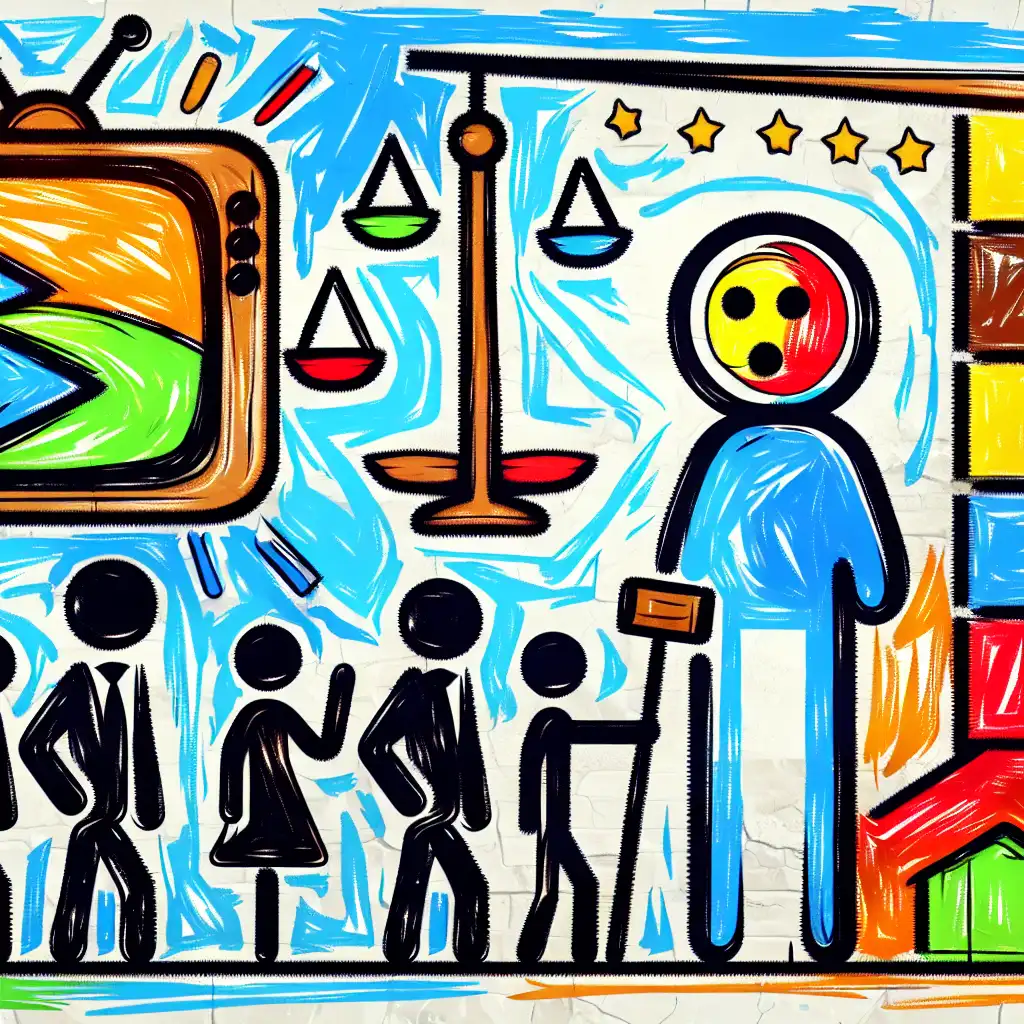Former Netflix Executive Alleges Gender Bias and Sexual Harassment in Lawsuit

Explain Like I'm 5
Imagine if you had a favorite teacher who always listened to you and made you feel important. But then, one day, a new teacher comes in, and they don't listen to you at all just because you like blue and they think only kids who like pink are smart. That wouldn't be fair, right? Well, something similar happened at a big company called Netflix. A lady named Amy, who used to help decide what cartoons kids could watch on Netflix, said that her boss wasn't being fair to her because she's a woman. She told the people in charge at Netflix many times that she wasn't being treated nicely, but instead of helping her, they decided she shouldn't work there anymore. So, Amy is now telling the court that she wasn't treated fairly, hoping they can help make things right.
Explain Like I'm 10
Imagine you're in a group project, and there's a rule that everyone's ideas should be listened to equally. But if the group leader only listens to some of the group members and ignores others because of something like whether they're a boy or a girl, that would be really unfair, right? Well, something like this happened with a lady named Amy Takahara who worked at Netflix. She was in charge of picking fun kids' shows for Netflix. But she says her boss didn’t treat her nicely or fairly because she's a woman. She told her higher-ups about it several times, hoping they would fix the problem. Instead, they ended her job, which she felt was very unfair. So, Amy decided to take Netflix to court, which is a place where people go to solve big disagreements, and she said they didn't treat her right because she's a woman. This is a big deal because Netflix is supposed to be a place where everyone is treated equally, no matter if they are a man or a woman.
Explain Like I'm 15
In the adult world, workplaces are supposed to be fair and equal, where everyone, regardless of gender, is treated with respect and given equal opportunities. However, Amy Takahara, a former executive at Netflix who was responsible for selecting children's programming, has accused her employer of not sticking to these principles. She claims that her supervisor discriminated against her because she is a woman, and when she complained about this treatment, rather than addressing her concerns, Netflix terminated her employment.
This case highlights significant issues within corporate environments, such as gender bias and sexual harassment, which are unfortunately still prevalent in various industries. Amy's lawsuit against Netflix isn't just about her personal grievances; it's emblematic of broader systemic problems that can exist in even the most progressive organizations. The outcome of this lawsuit could have implications for how companies handle allegations of misconduct and discrimination, potentially leading to more stringent policies and better support systems for employees who bring such issues to light. Moreover, it could influence public and industry perceptions of Netflix, affecting its reputation as an inclusive employer. The broader implications here touch on corporate responsibility, workplace equality, and the mechanisms in place to protect employees from discrimination and unfair treatment based on gender.
Want to read the original story?
View Original Source